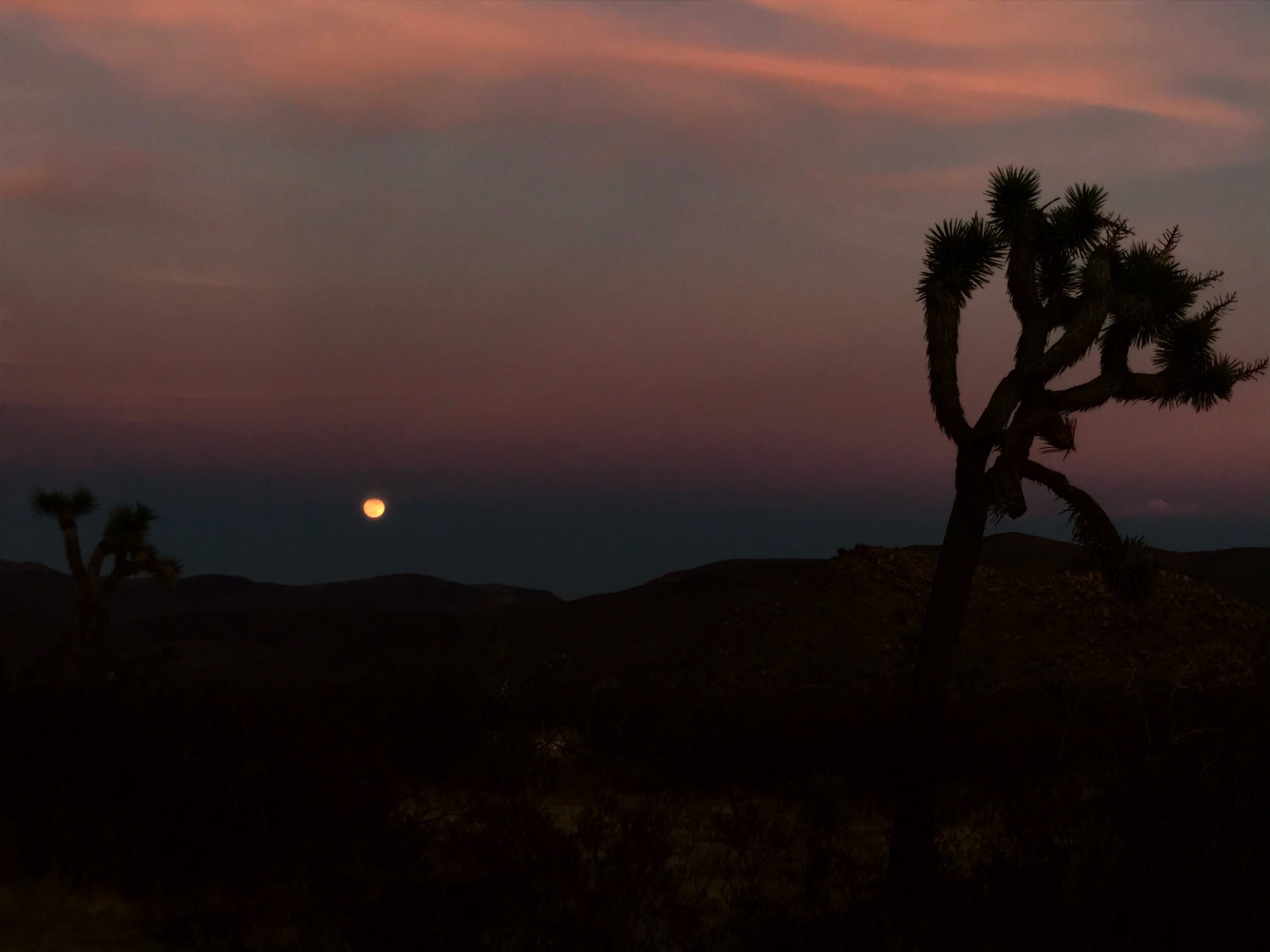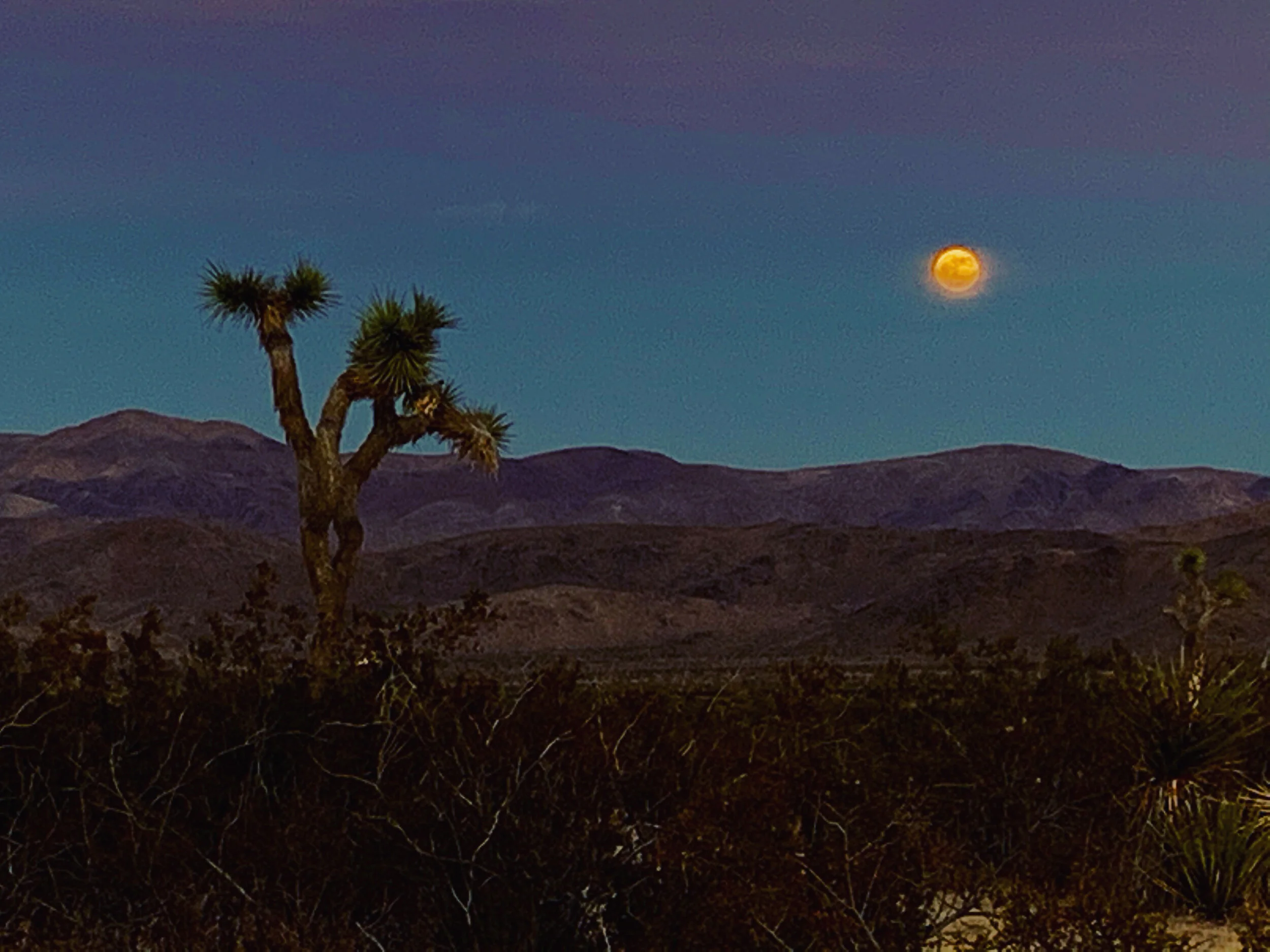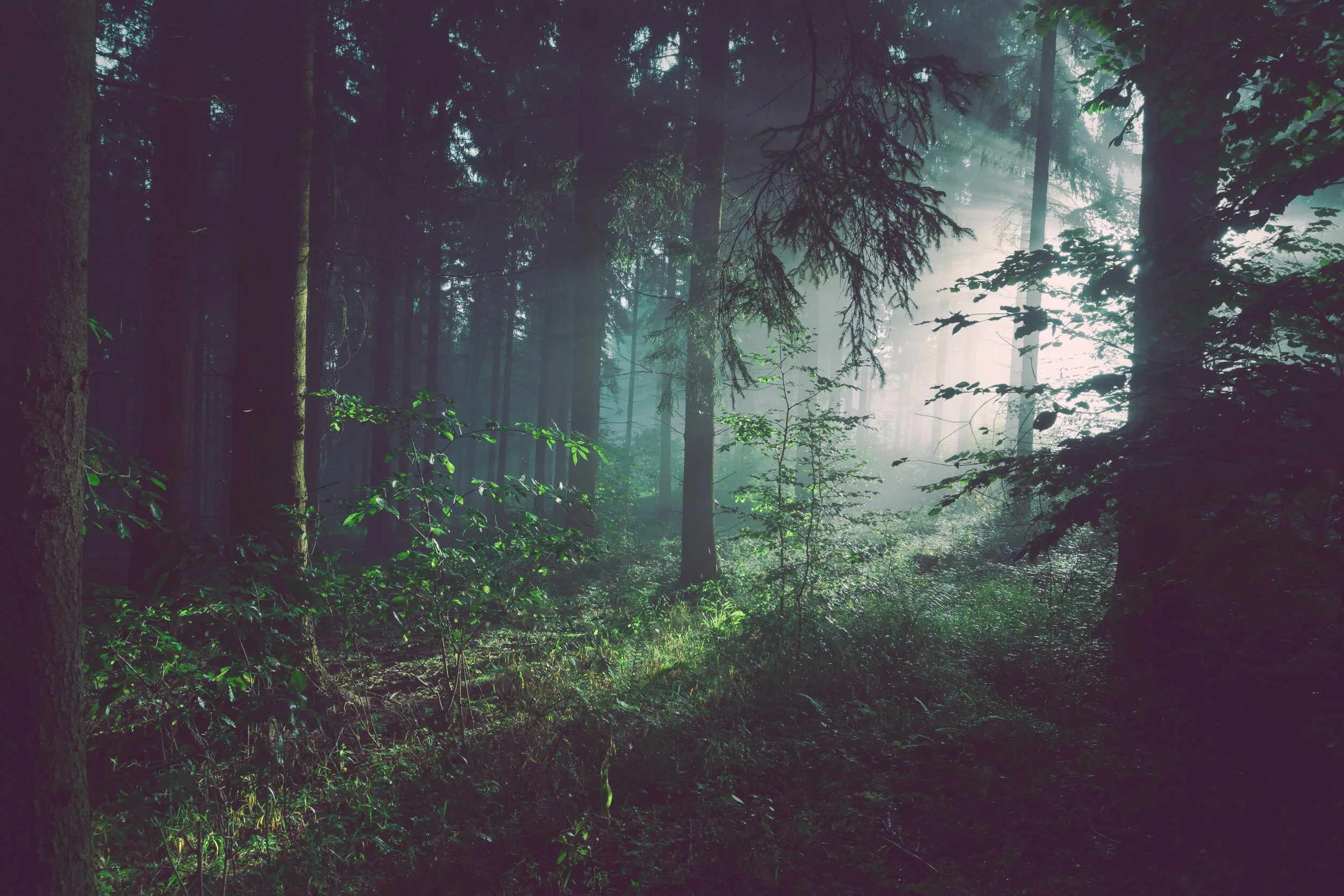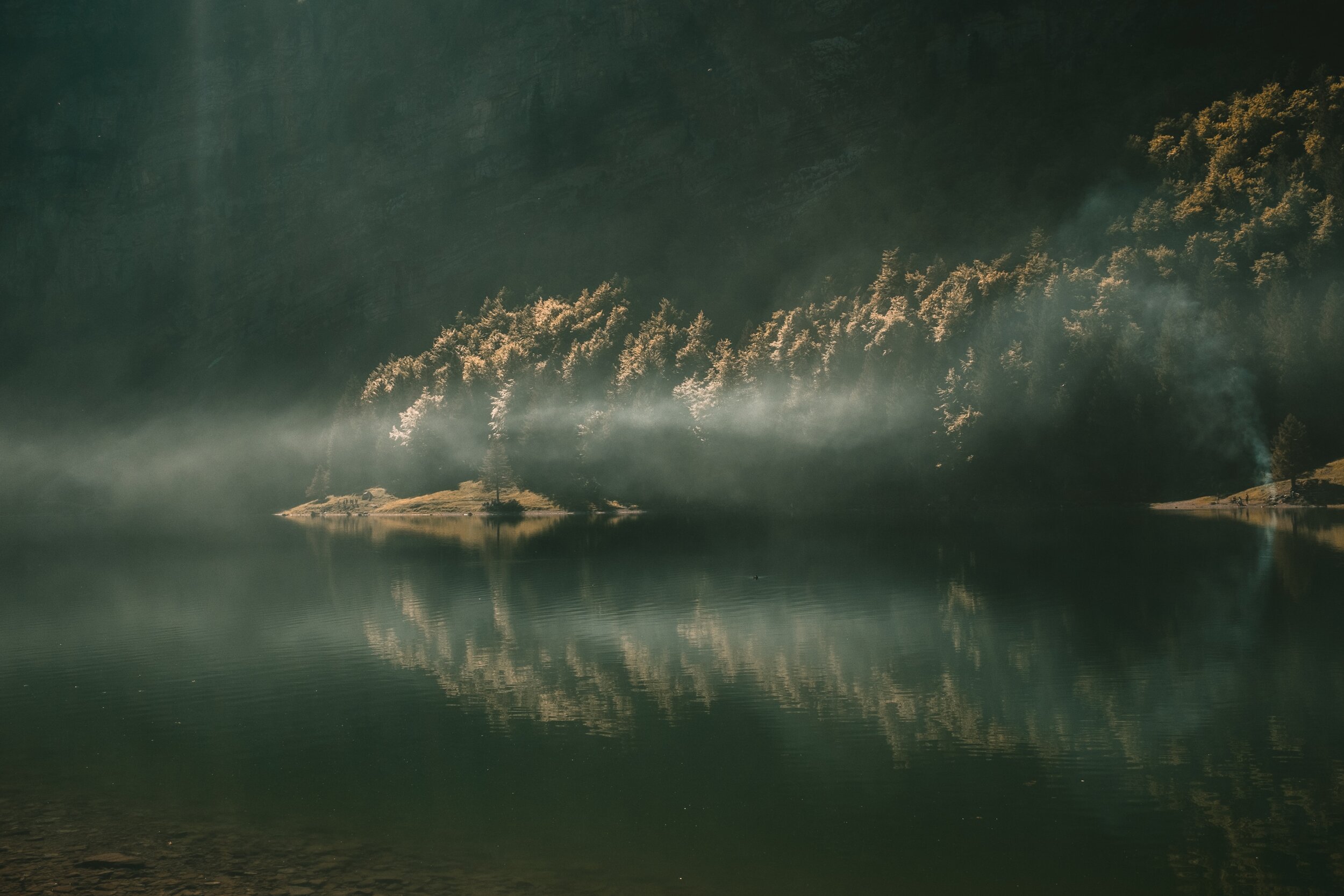Here is the river the sum
mer I seek to swim through, white light to sole.
my mother is a doctor by Jessica Valdez
BY JESSICA VALDEZ
my mother is a doctor
my mother is a doctor
my mother was born
of mexican dirt
clutching only her name
a fierceness
a softness
and a dream
“do you have any other doctors in your family?”
a question that you hear a lot within medical training
yes, i say. my mother.
not the kind you are thinking of.
you see,
my mother never graduated from medical school
family never had enough money or desire to put a woman through elementary school
so mama took matters into her own hands
got caught twice by immigration
before they let her in
to her home in california
my mother is a doctor
her voice sings stories
of the time when she was my age
of how much she loves her job
working as a house keeper
a home keeper
home healer
home doctor
doctor
my mother is a doctor
and i’ll tell you why
because a house is a home
and a home is a body
it is a place
not only physical
that houses
organs
a belly or a kitchen
a bedroom or a brain
a living room or a heart
what difference does it make?
my mother knows houses like the inside of her heart
she knows that clutter
disorganization
uncleanliness
and dysregulation
are disease
to this house, body
and knows exactly how to clean it
how to heal it
my mother is a doctor
that when disease actually hit my father’s body
my mother knew
before any doctor did
she knew
how to heal his soul
how to let him go
when his body
could not hold on
even a house
does not live forever
but the energy
the vibrance
can be felt
now at age 66
she still cleans
every body, home
still in awe of the breaking
of the healing
of the rising
of the human spirit
and the precious life that connects us all
this is the physician i aspire to be
Jessica Valdez is a Mexican-American poet and medical student living in San Francisco, CA.
Photo by Maya Washington
'Time is emotional for me': An Interview with Poet Sara Borjas
BY MONIQUE QUINTANA, IN INTERVIEW WITH SARA BORJAS
The last time I saw Sara Borjas was a few weeks ago when we spoke over the produce section at Costco. There were quick laughs and unspoken intentions, the thought that we'd know a little more about ourselves and the places we exist in the next time we meet again. Sara's debut poetry collection speaks to moments like these. A recipient of the American Book Award, Heart Like a Window, Mouth Like a Cliff ( Noemi Press, 2019 ) shows growing up in another kind of California. Simultaneously urban and rural, hot and cold, high tech and nostalgic, Fresno, CA, is celebrated and lamented in the book and its loves. In the essay near the center of the book, ' We Are Too Big for This House, ' Borjas creates new mappings of time, space, and the familial archive. She talks about writing the piece here.
Monique Quintana: It's often said that we begin essays with questions that we want to ask about ourselves. When would you say you started writing "We Are Too Big For This House" in your mind? What were you most surprised about when you eventually wrote it down to page?
Sara Borjas: I started writing it because Carmen Giménez Smith said the speaker in my collection isn't fully understood with what poems I was offering her in my manuscript. She told me to ask myself: What is it I am not saying? Why is the speaker so tender and so resentful? I was not surprised about what I eventually wrote, but I am surprised about how its form offered what feels like the singular way I could express what feels like a given and obvious experience for me at intersections of my identities.
Cover image via Noemi Press
MQ: When I read your essay and the notes on the margins, I think about how time works for Xicanas and our memories. As someone who's invested in the intersections of feminism, pop culture, and archive, how do you experience time differently with the women in your life? What is a song, TV show, film, or any other art piece that resets time for you?
SB: There's not a thought that I have that isn't conversing with my doubt and my own oppressive tendencies. I feel like we, Xicanas, are always living at times of intense colonization, liberation, and the present moment, which makes every moment tense and potentially reckless. Time is heavy, no matter where I am. And I think women in my life have been taught either euphemisms or slogans of oppression like "everything happens for a reason" or "I'm just grateful" or "some people have it worse." I've heard it called "toxic positivity," but I don't know it's that for women of color or all Xicanas. So I feel like my investments and my privilege, built on their labor, helps me see those as survival tactics, and also, things I refuse to participate in anymore because suffering shouldn't beget more suffering. I also understand that they're necessary for many Xicanas, and much peace and choices are built on them. I'm incapable of crossing of into that "positive" thinking because I feel like I remember everything, even the things that didn't happen to me specifically in my lifetime, and so sometimes I feel guilty for knowing or thinking I know. It can be a special type of lonely. Time is emotional for me. And the only thing that resets that, without a doubt, is the song "Ascension" by Maxwell, and a moment when I feel truly, truly loved.
MQ: What do you want most for new Latinx essays to interrogate about ourselves?
SB: I want something very specific—I want Xicanx writers to interrogate our machiste. I want most for Xicanos to interrogate their machiste. It's played out, "laughable and lethal" (as Jess Row says of whiteness) and oppressing us all.
SARA BORJAS is a Xicanx pocha, is from the americas before it was stolen and its people were colonized, and is a Fresno poet. Say their names.
Her debut collection of poetry, Heart Like a Window, Mouth Like a Cliff was published by Noemi Press in 2019 as part of the Akrilica series and received a 2020 American Book Award. Tony McDade. Sara was named one of of Poets & Writers 2019 Debut Poets, is a 2017 CantoMundo Fellow, represents California as a CantoMundo Regional Chair, and is the recipient of the 2014 Blue Mesa Poetry Prize. Dominique "Rem'mie" Fells. Her work can be found in Ploughshares, The Rumpus, Poem-a-Day by The Academy of American Poets, and The Offing, amongst others. Sandra Bland. She is a lecturer in the Department of Creative Writing at UC Riverside, where she works with innovative undergraduate writers.
Ahmaud Arbery. She believes that all Black lives matter and will resist white supremacy until Black liberation is realized, lives in Los Angeles, and stays rooted in Fresno. Justice for Breonna Taylor and George Floyd and the countless others. She digs oldiez, outer space, aromatics, and tiny prints is about decentering whiteness in literature, creative writing, and daily life.
Abolish the police. Find her @saraborhaz or at www.saraborjas.com. Say their names.
Monique Quintana is a Xicana from Fresno, CA, and the author of the novella Cenote City (Clash Books, 2019). Her short works have been nominated for Best of the Net, Best Microfiction, and the Pushcart Prize. She has also been awarded artist residencies to Yaddo, The Mineral School, and Sundress Academy of the Arts. She has also received fellowships to the Community of Writers, the Open Mouth Poetry Retreat, and she was the inaugural winner of Amplify’s Megaphone Fellowship for a Writer of Color. You can find her @quintanagothic and moniquequintana.com.
Photo: Joanna C. Valente
Poetry Candle Magic: A Way to Pause, Reflect and Find Joy
Joanna C. Valente is a human who lives in Brooklyn, New York. They are the author of Sirs & Madams, The Gods Are Dead, Marys of the Sea, Sexting Ghosts, Xenos, No(body), #Survivor: A Photo Series (forthcoming), and A Love Story (Vegetarian Alcoholic Press, 2021). They are the editor of A Shadow Map: Writing by Survivors of Sexual Assault and the illustrator of Dead Tongue (Yes Poetry, 2020). They received their MFA in writing at Sarah Lawrence College, and Joanna is the founder of Yes Poetry and the senior managing editor for Luna Luna Magazine.
Read MorePhoto: Ingrid M. Calderon-Collins
Poetry & Photography by Ingrid M. Calderon-Collins
demons
—Summer, is in the high winds—
grapes and graves pendulate
hopeless \ drained
swooping men into their elixir,
women / bee-stung / swollen
stolen
glances,
sanative—
venom/
what’s yesterday stays,
an onset
of what the night brings—
sit here, sloppy and free
eat
drink
unfasten
run from your shadow,
a beast of your pastselves bred to breed more of what mauls,
leave it to die.
The point of daffodils 🌼
I’m sorry
I’m sorry
I’m sorry
I yawned love in all the shades of pastel you own/
I want to paint your infinite so spread your legs,
Show the world how deep you go, you said—
There is not enough paint or sky to hold me, I sigh/
He laughs as he begins to sprout his wings
It’s all in numbers
How we end and how we begin
An angel laughs—but he sings
I’m sorry
I’m sorry
I’m sorry
Apologies are endless and unnecessary
if you’ve already learned that forgiveness can be silent
I’ve seen
You’ve seen a chiseled hand sculpt you into something/mouth gaped open
Not to speak
But to hold the plague of his snake
Skid slink into my feet
My brain/
A music box of screams
Tucked neatly where I bled
I carry traces of my poetry in the morning
as I eat
And in the dusk when I’m asleep
I salivate for food as if I’m starving
Full belly tells a different story
I wonder if the lessons that you taught me come in handy
For when I want love to see me in my shadow
For when I’m dressed up like a clown with rainbows of beige and browns
I don’t eat fruit because it feels too good
Sugar is the same as when I cry and smile and taste the
salt lake house you left me in
I am an old one because you the ancient were inside me
You implanted all your heart and now whenever I love
I wonder if you love it too
I’ve regrown all my teeth
I’ve shoveled out the dirt
I’ve planted all new trees
I am a garden in full bruise
Artist’s Statement on the photos: The pictures are from the Full Moon on December 11, 2019. They were taken inside Joshua Tree National Park.
Ingrid M. Calderon-Collins is an immigrant from El Salvador. Her work has been featured in Thimble Literary Magazine, Rabid Oak, Moonchild Magazine, and FIVE:2:ONE amid others. She was the hostess of a monthly poetry reading series, “They’re Just Words” featuring poets from all over L.A. County from 2017-2019. Currently, she runs a literary magazine called “RESURRECTION mag,” where she encourages poets, artists and photographers to show the world their joys and their sorrows. She is the author of thirteen books. She lives in Los Angeles, CA with her husband, painter John Collins.
Poetry by Mimi Tempestt
It is told that Jessie lost in a final battle against his drunkard stepfather, the stepfather who made a deal with the devil, and sacrificed the lineage of every man in his family for generations to come until the deal was satisfied.
Read MorePoetry by Britny Cordera
BY BRITNY CORDERA
Revelations
Beside your distance, the sound of rainbow
trout stilled in a river warmer
than the bag & tent we are sleeping in,
the current like birdsong we’ll never
put a name to that might begin to ascribe
a secret note for the end of this world
& how it will happen: a continent on fire
begets the floods begets the drought
begets the tornadoes begets the locusts
begets a branding iron burning our lungs,
these titans. Want to say something:
great horned owls duetting
to each other from one stolen nest
to another, the snore of the tent
dwellers next door, & what of yours;
a deep breathing that skips over
saliva, like the flat-stone rocks
we tossed in that tepid current
to watch jounce across the water’s surface
& the remainders of autumn––
white oak smolders gold in the fire
we could have waited a little longer to burn out.
Sagittarius Season
Since the Earth is having fever dreams this year
before her long sleep, the pin oak leaves
heavy with gold have not fallen yet
and the falcon’s scream reverberates
to cleanse the Earth’s body before burial.
Here in a small town called Huntington,
the first sight of autumn is never lost
to the hunters eager to wear their camouflage
of summer’s crisp detritus. The towering pale
men are never hunted in this shrinking town
where red-tailed hawks hook themselves
to crackling electric poles. One of the men
stops at a gas station before going into the forest, finds
exotic game to mess around with; a woman with antlers,
a nest of black-widows trailing from her hair,
northern copperheads springing from the crown of her head
and their ratty remains, hollow bones for tight coils,
a true daughter of Horned Serpent and Cernunnos,
who just walked into a Circle K to buy hiking snacks.
The dark woman who is only seen in the shadow
of fall is spotted; a staredown with the hunter
has her paralyzed in line as he stands behind her.
He ushers her towards the line to go first
looking but barely touching the ruin on her head
with his breath. She thinks he’s going to say
wow, amazing hair to which she’ll reply in stutter
thanks, I grew it myself, but this time it doesn’t happen.
Cordera is a two-year Pushcart Prize-nominated poet. She is a proud Black writer and Louisiana Creole poet, descending from African, Indigenous, and French/Spanish ancestors. Her poetry can be found or is forthcoming in Rhino, Xavier Review, and Auburn Avenue. Currently, Cordera is an MFA candidate at Southern Illinois University in Carbondale and poetry editor for The New Southern Fugitives.
Poetry by Elizabeth Ditty
Elizabeth Ditty lives in Kansas City, but her mind is often elsewhere. Her prose and poetry can be found in Memoir Mixtapes, L’Éphémère Review, Moonchild Magazine, Tiny Essays, & Black Bough Poetry. She can be summoned with wine, coffee, or enough time for a power nap.
Read MorePhoto: Joanna C. Valente
Writing, Magic & Tarot: Pairing the Major Arcana to Poetry
Joanna C. Valente is a human who lives in Brooklyn, New York. They are the author of several collections, including Marys of the Sea, #Survivor, (2020, The Operating System), Killer Bob: A Love Story (2021, Vegetarian Alcoholic Press), and is the editor of A Shadow Map: Writing by Survivors of Sexual Assault. Joanna is the founder of Yes Poetry and the senior managing editor for Luna Luna Magazine. Some of their writing has appeared in The Rumpus, Them, Brooklyn Magazine, BUST, and elsewhere. joannavalente.com / Twitter: @joannasaid / IG: joannacvalente / FB: joannacvalente
Read MorePoetry by Elizabeth Theriot
BY ELIZABETH THERIOT
The Fates ask where the Underworld went with its lake of ghosts
Summer left a grave of black cherry pits and twisted stems. Autumn waits on the sidewalk, down the stairs, to burn leaves and smudge the city in its smoke. We’ve sat in this between blinking sleep from our eye, collecting all the seasons’ fraying ends.
Banishment: when the soul wants to dig itself up.
Someone said not to write soul in a poem. Someone told us catastrophizing was the right verb but catastrophe is grey funk beneath our nails, a catastrophe on the scalp, caking pores, a layer of grit. We drink Windex until our eye sees clean.
Exile: where the body chooses to bury itself.
Circling the Dog-Moon Heroine
(a story in fortunes)
Throned in leather Hierophant waits
two fingers double-
pillared. Speaks
binaric code like,
this is what my centuries have created. It is good.
It’s real good.
Hierophant wipes BBQ
palms on the couch
waits for someone else
to clean it up.
Someone always does, who likes the couch,
cares if it looks pretty.
Hierophant waves
fish-spine gold
and cleanpicked
(fondant crown a-dripping)
His eyes Abrahamic, like
not my fault
sad shrug. Keys crossed on the carpet.
All the while ma folds
laundry, and your ma too.
//
So here goes the fat
yellow moon shedding skin at the crossroads :
dogs shocked by
sharp girly moon,
tails bristle like
terrified of dew, plush ears
underfed and curling. Ma curls
your hair with a hot wand.
Sunflowers fat-bubble
along the wall. Whose blood
on the rocks? Ma straightens
your hair
with an oiled spatula
and the cinderblock towers
go sizzle in-
between.
After all the hullabaloo
you’re a baby again, Age of Aquarius baby
crying, little Bacchus baby
the deferential horse
in globs of playdough sun,
baby body WHEE between horse-blades,
jazz-hands like
a birthday gift, red feather
in your jelly ringlets
and Ma
with a quick wrist-snap
folds laundry, unfolds laundry to make the beds.
Muse Epistle
Scars below my skin are proof
you were gestated—raised, fed—
divinatory cradle—grown in minutes,
warm between my painted toes.
And the petals opened:
Water empty like bitten
skin around nails, my palms
stretched into pollen and flame—
candle pyre altar spelled the same.
You should have warned me
when I loved
as fetish-tucked-in-drawer;
your long gone infancy;
eyes dripping
in caverns you devour
songbirds
then crawl into bed, unsocket
my limbs and dab glue
as ointment—
slow burn, elegy, I
have let it happen.
Elizabeth Theriot is a queer southern writer with Ehlers-Danlos Syndrome. She earned her MFA from The University of Alabama and is writing a memoir about disability and desire. She is a Zoeglossia Fellow, and a teaching fellow with the nonprofit Desert Island Supply Company. You can find her work in Yemassee, Barely South Review, Winter Tangerine, Ghost Proposal, Vagabond City, A VELVET GIANT, Tinderbox, and others. She lives in Birmingham, AL.
Poetry by Emily Wallis Hughes
Emily Wallis Hughes grew up in Agua Caliente, California. Her first book of poems, Sugar Factory, containing a series of paintings by Sarah Riggs in conversation with Emily's poems, was published by Spuyten Duyvil in 2019. Her poems have been published in the Berkeley Poetry Review, Cordella, Elderly, Gigantic Magazine, Painted Bride Quarterly, Prelude, ZAUM, and other magazines. She edits Elecment at Fence and teaches creative writing as an adjunct at Rutgers-New Brunswick.
Read MoreFor Protection, A Poem by Arielle Hebert
BY ARIELLE HEBERT
For Protection
Because you are not what loves you
or what you waste your love on;
protect yourself from the lies you believed,
each time she claimed she was clean.
Go to the ocean, gather a cat’s paw shell, pine
needles, a body thrashing in water. Bottle it up.
Let this brine sit for as long as you can.
Hold your breath. This tonic is not
for forgetting (never forget: the tattoo
you share, an apple, hers mottled,
bruised from tying off). This is a shield
made from the need to move on.
Before you drink, picture her
hands, empty of you.
Arielle Hebert Is a poet based in Durham, NC, with roots in Florida and Louisiana. She holds an M.F.A in poetry from North Carolina State University. Her work has appeared or is forthcoming in Nimrod Journal, Willow Springs, Grist, Crab Orchard Review, and Redivider, among others. She won the 2019 North Carolina State University Poetry Contest selected by judge Ada Limón. She was nominated for Best New Poets Anthology in 2017. She was a finalist for New Letters 2017 Literary Awards and a semi-finalist for the 2016 Pablo Neruda Prize for Poetry hosted by Nimrod Journal. She is the director of operations and helps books come to life at Blair, a nonprofit publisher focused on emerging and underrepresented voices. Arielle believes in ghosts and magic.
Poetry by Olivia Cronk
BY OLIVIA CRONK
To mouth such sickness such intense discomfort (but mere discomfort, not something grander), just very pervasive consuming intrusive, the stomach bad of thinking of
having sprayed perfume in the vicinity of a glass of water
the water on a lower surface
a lower cylinder of flat silk on which things could get caught
not “things,” rather: droplets of the perfume: chemical, bodily
worrying over had the water’s silk lip caught the spray, could the water no longer be drunk.
Then the sickness of knowing it’d be
simply poured out,
both possible directions of water-movement
absolutely upsetting
nauseating in fact
~
Even in knowing in the dream that all books already contain the world miniature,
I was more convinced by more thrilled by impressed with
the machine:
it was an xray machine that mapped the skeleton in some way comparable to how the
chalk line snaps down when one is employing a chalk reel in an as yet uncomposed space
a kind of flash-puff of definition
and somehow I thought this to replace books and other gossip
but language that is used to gawk must be made sculptural
and an erased distance instantly produces a kind of archive:
my ma and I sitting at a bank desk, having not slept, my father dead for a mere twenty hours, we told the eyeball-ish lady sitting across from us that we just needed to change the paperwork
in an awful but intoxicating tunnel of shimmer-noise, I can somehow see, in the far away, a kind of microscope/telescope image:
slow old scarlet lips
right next to, as if looking at,
a 1950s christmas elf doll on a brass shelf
in a nest of tinsel
lips looking at it
Olivia Cronk is the author of Womonster (Tarpaulin Sky, June 2020), Louise and Louise and Louise (The Lettered Streets Press, 2016), and Skin Horse (Action Books, 2012). With Philip Sorenson, she co-edits The Journal Petra.
Poetry by Kristian Macaron
Kristian Macaron resides in Albuquerque, NM, but is often elsewhere. Her poetry chapbook collection is titled, Storm. Other fiction and poetry publications can be found in The Winter Tangerine Review, Ginosko Literary Journal, Medusa’s Laugh Press, The Mantle Poetry, Philadelphia Stories, Gaygoyle Magazine, and Asimov’s Science Fiction. She is a co-founding editor of the literary journal, Manzano Mountain Review. View her work at Kristianmacaron.com
Read MorePoetry by Alex Vigue
Alex Vigue is a queer writer from a small town in Washington State. He has a bachelor’s degree in creative writing from Western Washington University and has been recently published in Peach Mag, Chronotope, and Homology Lit. His debut chapbook “The Myth of Man” was published by Floating Bridge Press. He is the co-host of Literary Merit, a queer podcast about celebrating guilty pleasures in media.
Read More















































